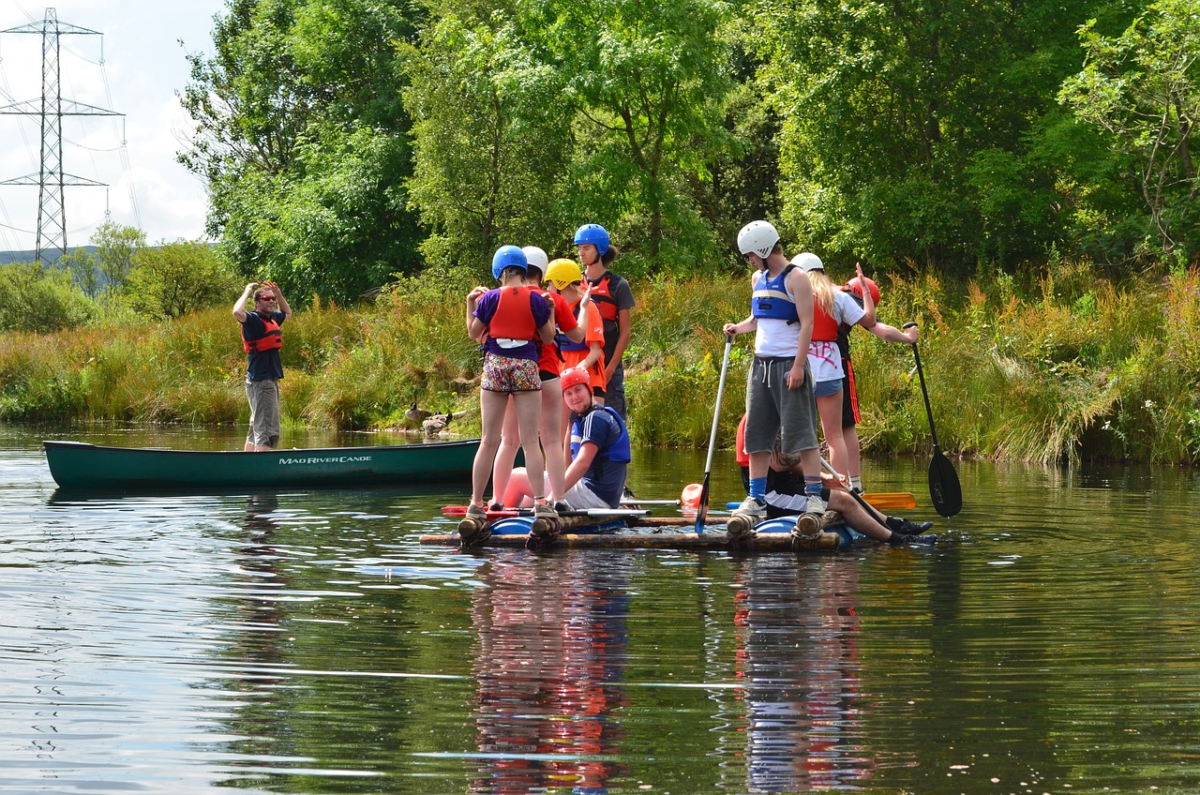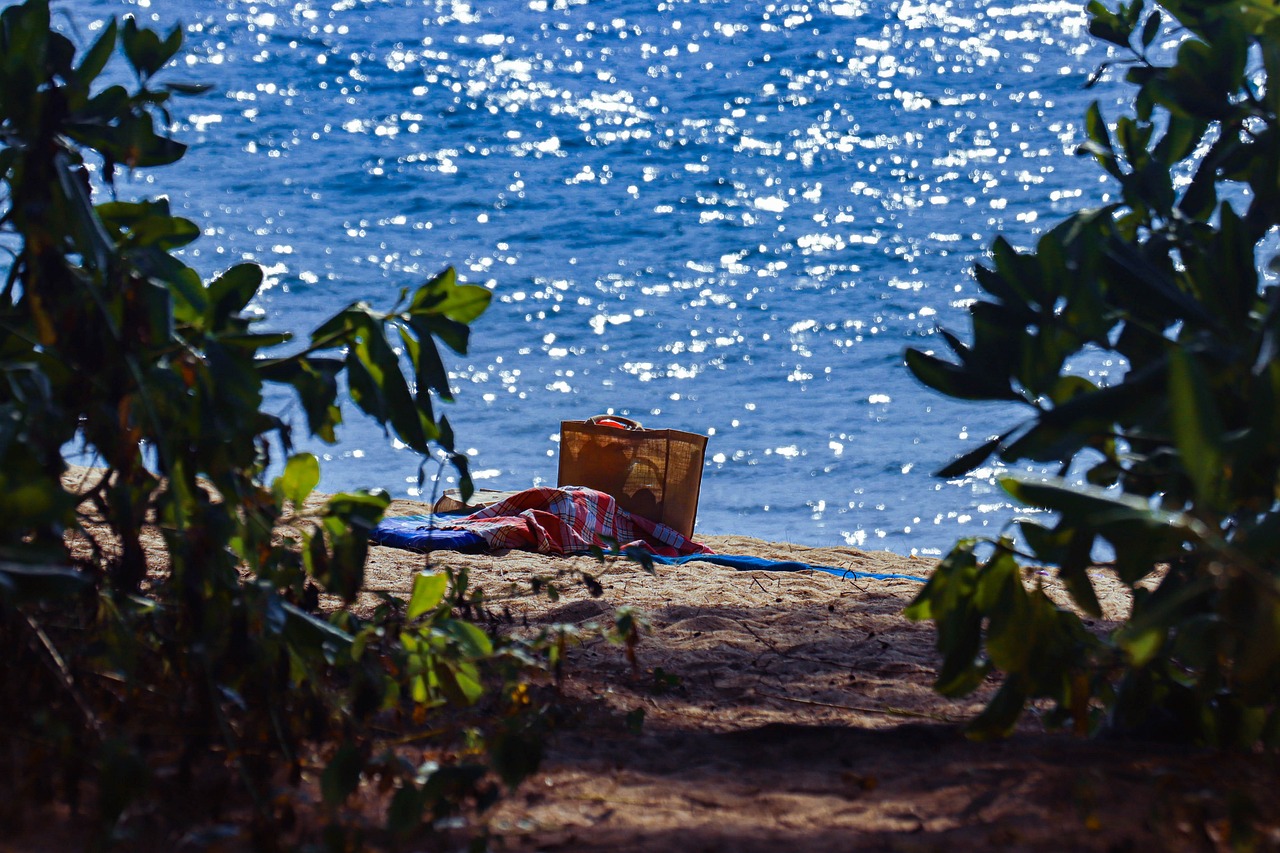We humans have long held an affinity for the great outdoors. We hike, mountaineer, and camp – all to quench our thirst for adventure. But have you thought about taking your tent from the plain ground and setting it up on a water-bound vessel? Welcome aboard the latest trend of setting up a tent on a boat!
Who is It For?
Setting up a tent on a boat isn’t limited to seasoned sailors or experienced campers. It’s an adventure for anyone who has a heart yearning for the unusual. This enticing activity could pique the interest of:
- Adrenaline Junkies: The thrill of pitching your tent on the moving base of a boat is bound to fuel your adrenaline rush.
- Sea Lovers: If the calming rhythm of waves is music to your ears, ocean or lake camping could become your new favorite pastime.
- Experienced Campers Looking for a New Thrill: For those campers who feel they’ve seen it all, try taking your camping experience to a whole new level.
- Nature Photographers Seeking Unique Perspectives: Imagine the breathtaking photographs you could capture while camping on water with captavating sunrises, sunsets, and wildlife encounters.
Necessary Gear and Equipment
Naturally, to take on this unconventional twist to your camping adventure, you’ll have to gear up right. Here are some of the essential items you’ll need:

Different types of Boats suitable for this adventure
- Flatboats: These are ideal as they provide a wide, flat base for placing your tent.
- Pontoon Boats: Their design benefits from a large and flat deck, making them another strong contender.
- Sailboats: Opt for a sailboat with a flat deck, giving you ample space to set up your tent comfortably.
Choosing the right Tent
The right kind of tent depends on your specific needs and preferences. Here are a few choices:
- Pop-Up Tents: Quick and hassle-free, these tents offer a convenient choice.
- Backpacking Tents: Lightweight and compact, these are ideal if space is a constraint.
- Specially designed Boat Tents: These are crafted specifically for boat camping, a perfect fit if your budget allows.
Essential Camping equipment
You’ll need the usual camping gear, with some modifications for your water-based adventure:
- Sleeping bags and pads
- A portable camping stove or grill for your meals
- Camping chairs and tables, space permitting
- A cooler to keep your food and drinks fresh
- Battery packs to keep your gadgets functional
- Lanterns or headlamps
Important Navigational tools
When you’re camping on a water body, staying on track becomes a vital issue. Ensure you have:
- GPS navigation device or smartphone equipped with offline maps
- Waterproof charts of your camping area
- A reliable compass
Safety Gear:
For your sea or lake camping trip to be truly memorable, safety must be your priority:
- Personal flotation devices (life jackets) for everyone on board
- Throwable flotation devices, for any emergency
- Marine radio or a cellphone with a waterproof casing, to maintain communication with the mainland
- An audible signaling device like a whistle or air horn
Choosing the Perfect Location

Before you drop anchor and camp, it’s crucial to select the right location. Here’s what you need to look out for:
- Weather conditions: Make sure to check the local weather forecast to avoid setting up during any onslaught of bad weather.
- Water currents: A calm water surface promises a smoother and safer camping experience.
- Regional wildlife: Research the area’s known marine life. It’s always better to stay prepared for uninvited wildlife encounters.
- Legal restrictions: Double-check if the place you’ve chosen permits overnight stays on water. You certainly wouldn’t want a legal hiccup to ruin your adventure.
Ideal Locations for a Boat-Tent Adventure
The USA is graced with a number of ideal locations for this fascinating blend of camping and boating, such as:
1. Everglades National Park, Florida
It is known as the largest subtropical wilderness in the United States, the park with its endless waterways, 10,000 islands, and abundant wildlife, provides an unparalleled location for boat camping.
2. Lake Mead, Nevada/Arizona
As the largest reservoir in the U.S., Lake Mead’s beauty lies in its blue waters, majestic Black Canyon, and countless coves. Underneath a star-bedazzled sky, acts as an idyllic setting for boat camping.
3. Boundary Waters Canoe Area, Minnesota
With millions of acres of pristine pine forests, glacial lakes, and streams, this wilderness area offers solitude and tranquility, perfect for a canoeing and camping adventure.
4. Lake Tahoe, California/Nevada
Known for its clarity and surrounding snow-capped mountains, Lake Tahoe is a paradise for campers. Awake to the spectacular sunrise and the tranquil sound of lapping water every morning.
5. Kachemak Bay State Park, Alaska
Amid snow-clad peaks, tidewater glaciers, and captivating wildlife, Kachemak Bay offers a sublime boating adventure topped with the wild flavor of Alaska.

Step-by-Step Guide to Setting Up Your Tent on a Boat
With the right gear in place, it’s time to set up your unique campsite:
- Select a secure and stable location on your boat: Depending on your boat’s type, find an area that is flat and spacious.
- Assemble your tent’s frame: Follow the instructions that came with your tent.
- Secure the tent to the boat: Using ropes and straps, affix your tent firmly onto the boat. Double-check to be certain it doesn’t shuffle around.
- Prepare your sleeping area: Place your sleeping pads and sleeping bags inside your boat tent. Remember, comfort is key.
- Set up your camping gear: Position your camping equipment securely on your boat’s deck, keeping it within easy reach.
Safety Measures & Best Practices
Any adventure should never compromise safety. Follow these measures:
- Wear your lifejacket: This is non-negotiable. Always have your lifejacket on, anytime you’re on deck.
- Keep in touch with the mainland: Inform a trustworthy contact about your camping location and expected return timeline.
- Anchor your boat securely: Before setting up your tent, make sure your boat is anchored securely. A drifting boat is a recipe for disaster!
- Stash a first-aid kit: Always have a fully stocked first-aid kit on board.
Conclusion
Adventure is calling! It’s time for you to answer and set sail to set up your tent on a boat. Do something different, live a little, and take camping to a new height… or in this case, depth! And when you come ashore, we can’t wait to hear about your unforgettable adventure. Share your stories in the comments section below.
Frequently Asked Questions
1. I am new to boating. Is setting up a tent on a boat safe for beginners?
Yes, setting up a tent on a boat is safe, provided you take necessary safety precautions, such as wearing life jackets and having emergency communication tools available.
2. What type of tent works best for boat camping?
The decision largely depends on the type of boat you have and the space available. Boat tents, specially designed for water-borne camping, can be a good fit if it’s within your budget. Alternatively, lightweight pop-up or backpacking tents can also be used effectively.
3. Can I pitch my tent anywhere on the water?
Before you set up your tent, ensure that the location permits overnight stays on the water, and the weather conditions and water currents are safe. It’s crucial to check for any restrictions to avoid hassles later.
4. What safety precautions should I take for boat camping?
Safety precautions include wearing life jackets at all times, anchoring your boat securely, notifying someone trustworthy about your camping location and expected return time, and keeping the necessary emergency essentials, like a first-aid kit and communication devices, handy.
5. What if I encounter bad weather while boat camping?
You must check the weather forecast before setting up your tent on the boat. In case of unexpected bad weather, ensure you have a safe and quick retreat plan. Seek shelter on land if conditions become too severe; safety always comes first.
